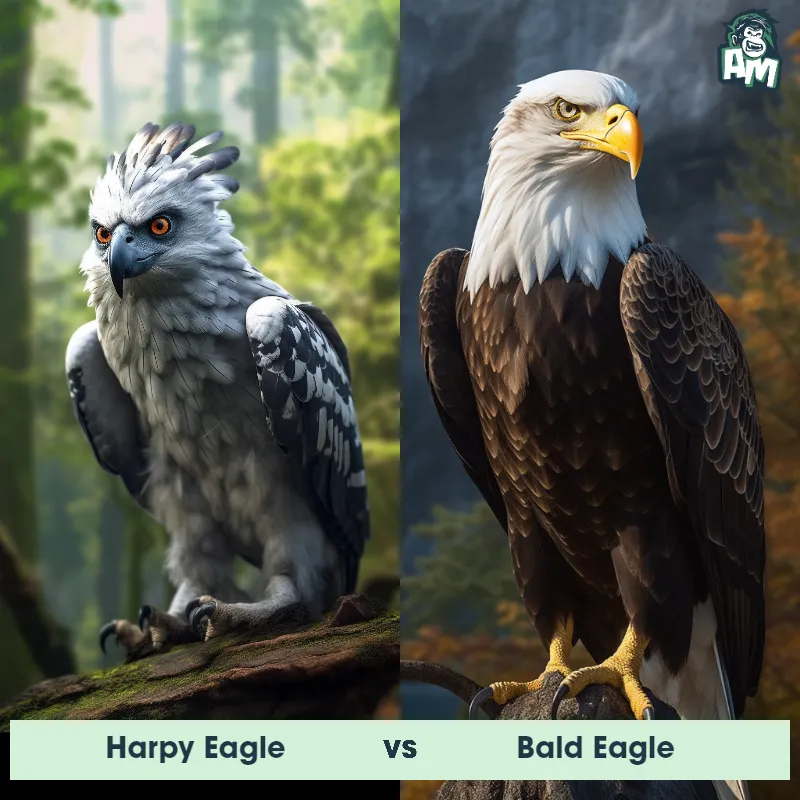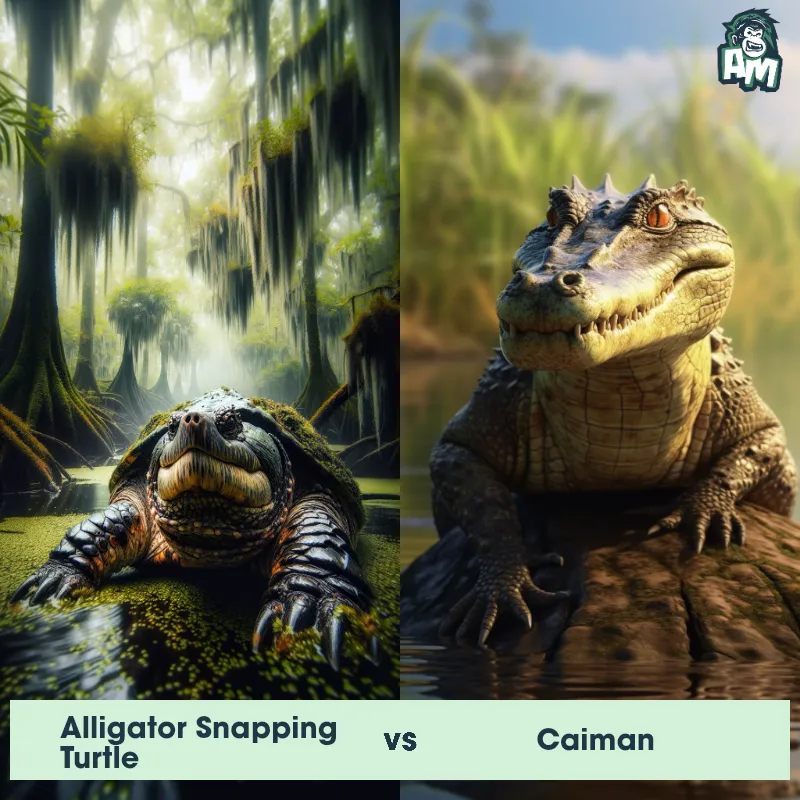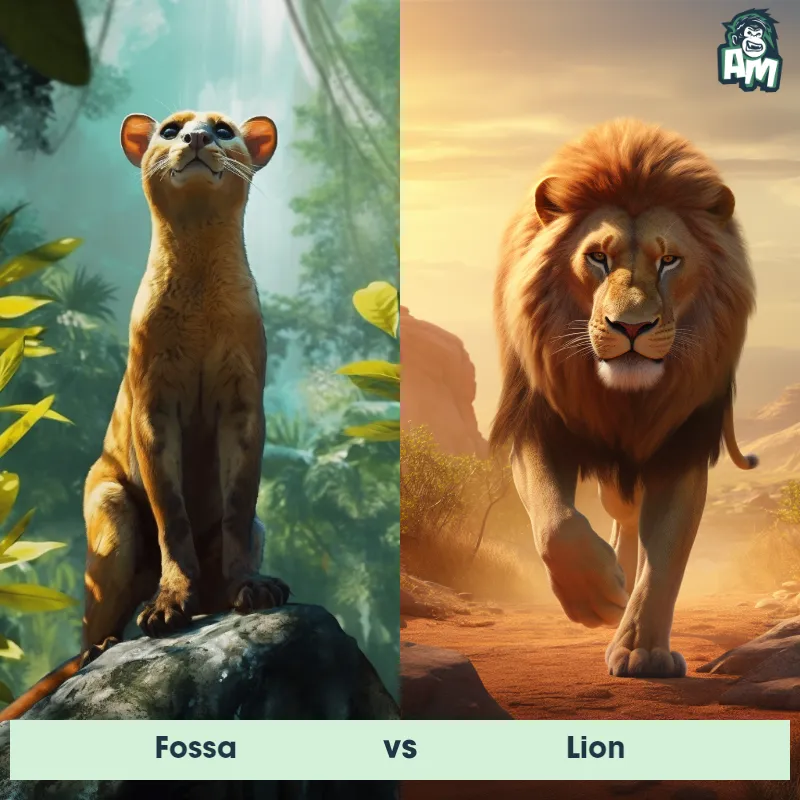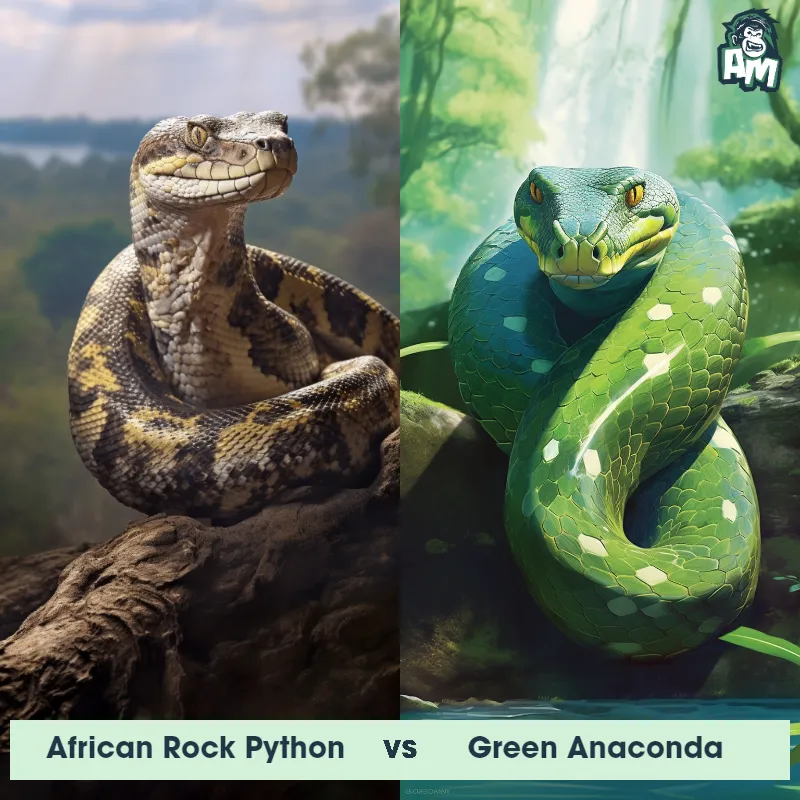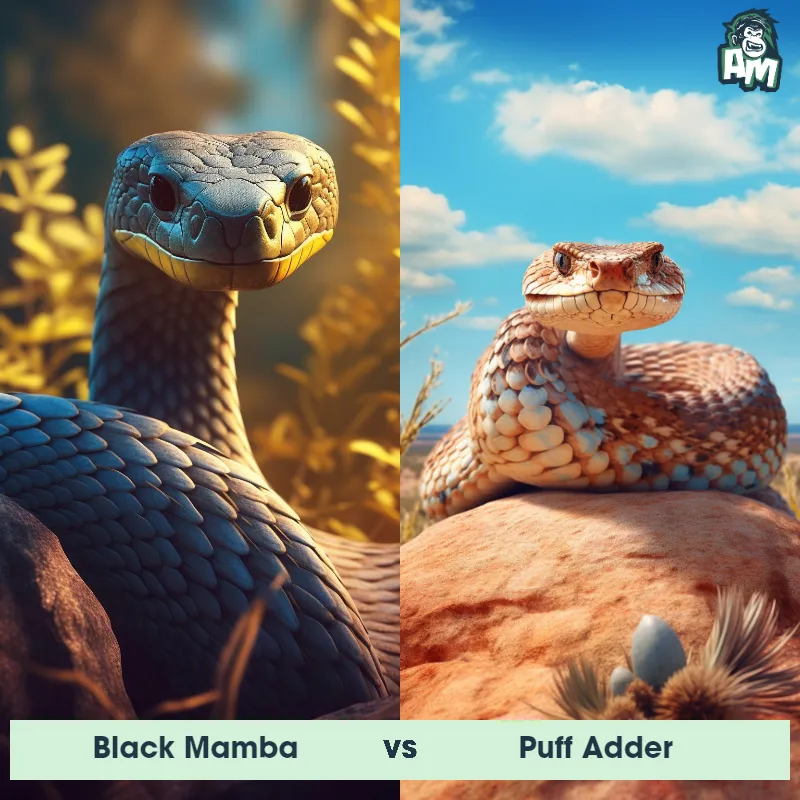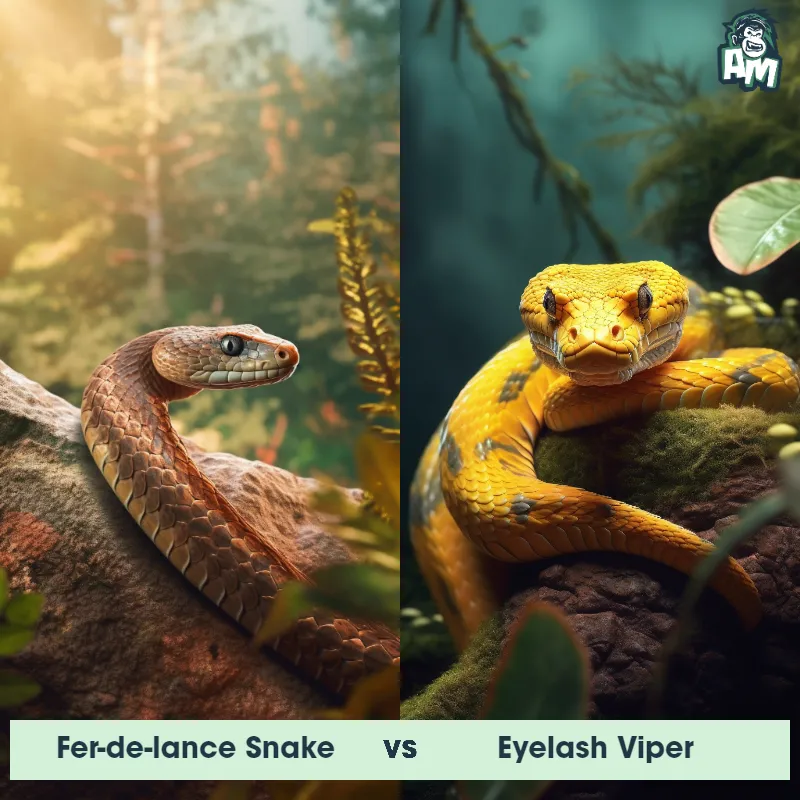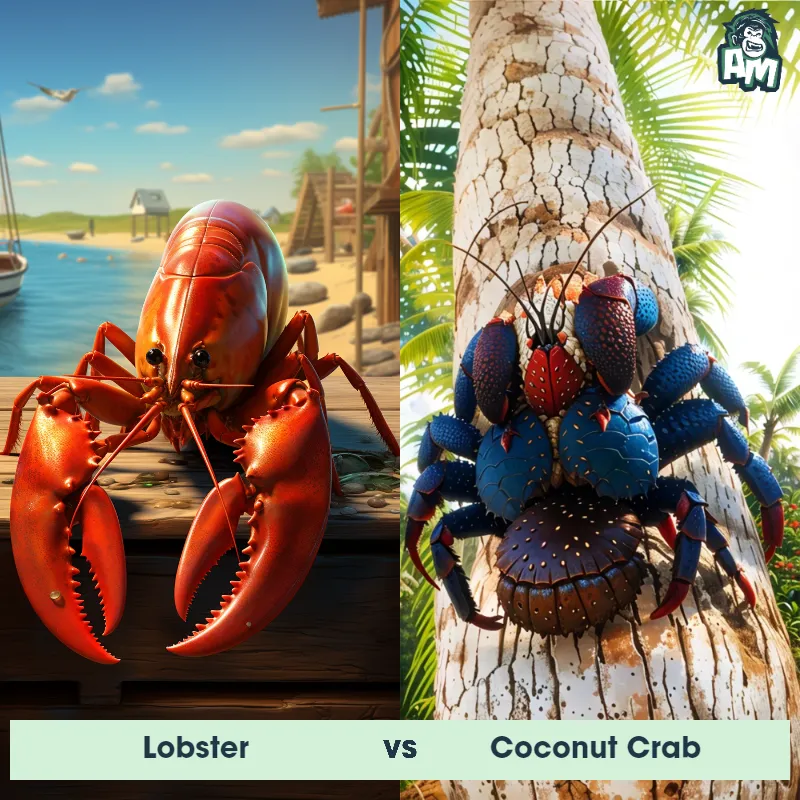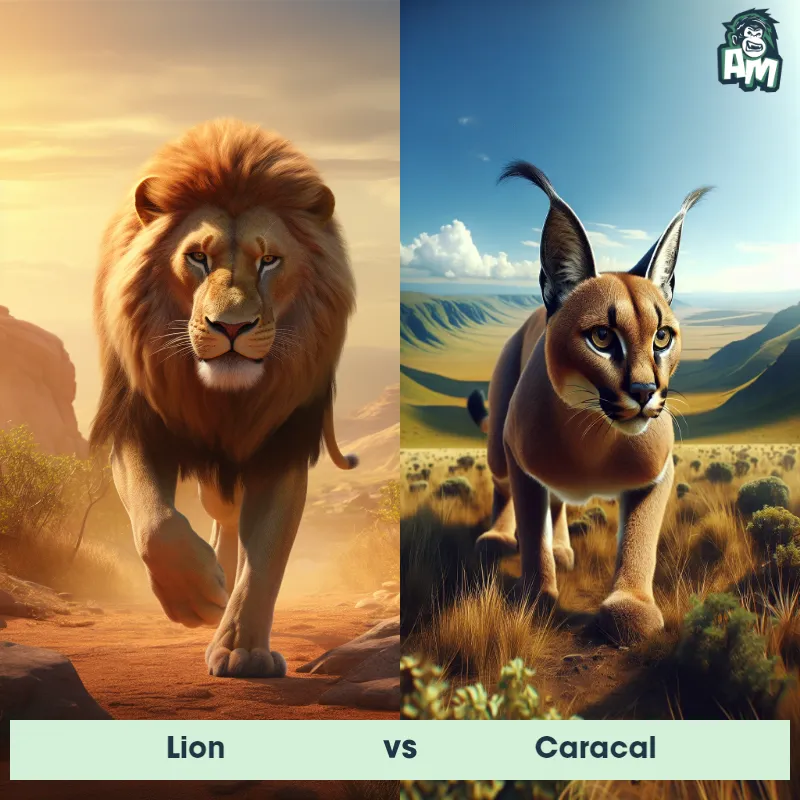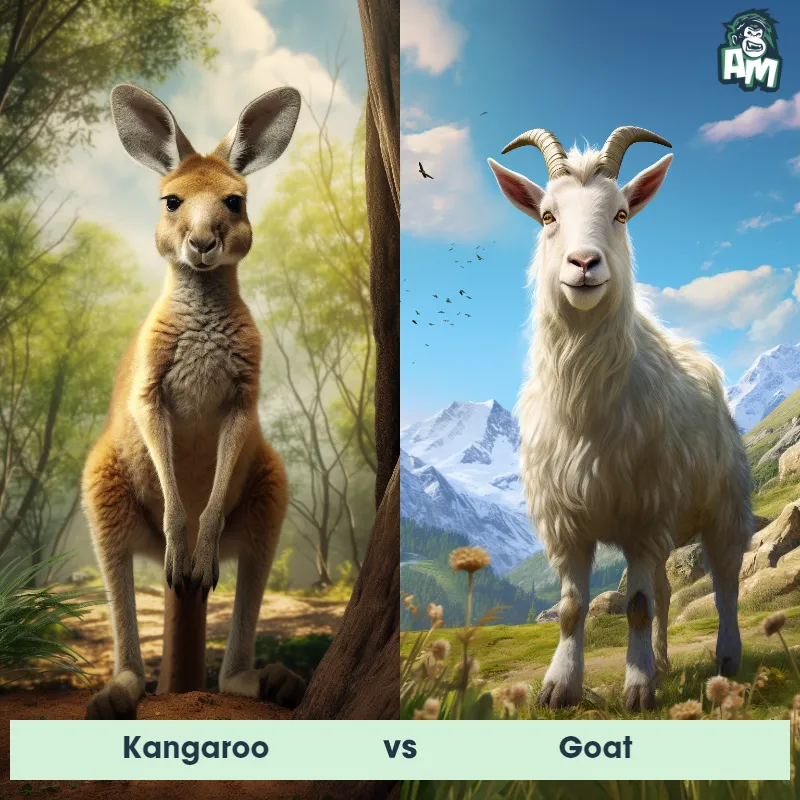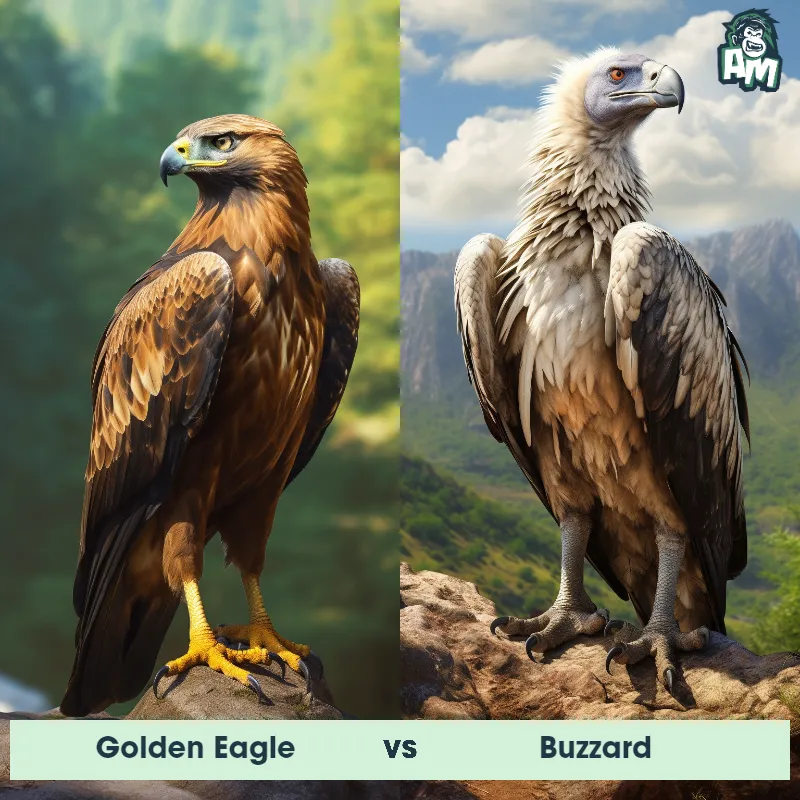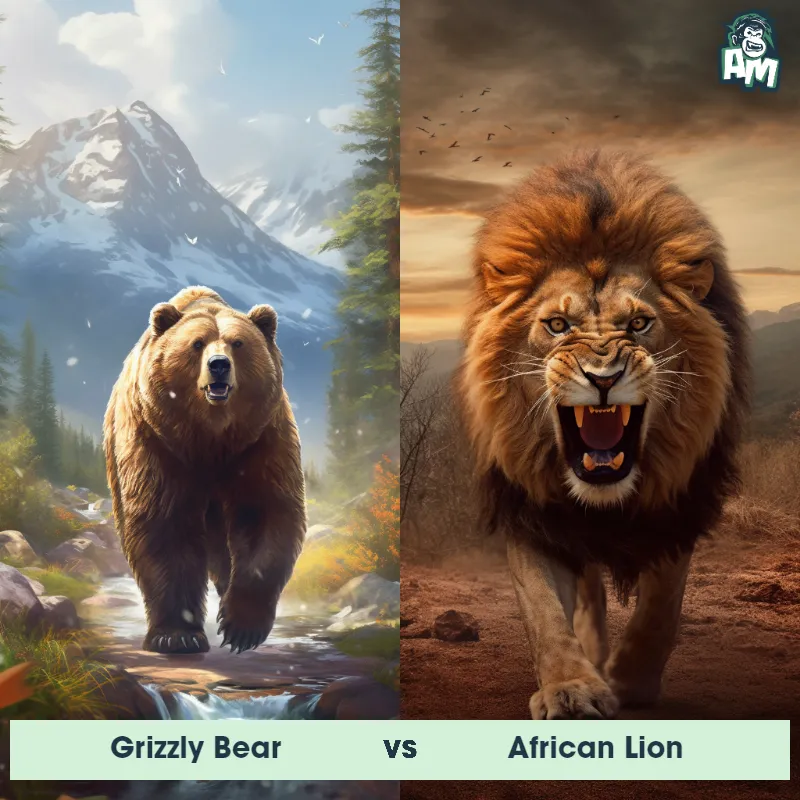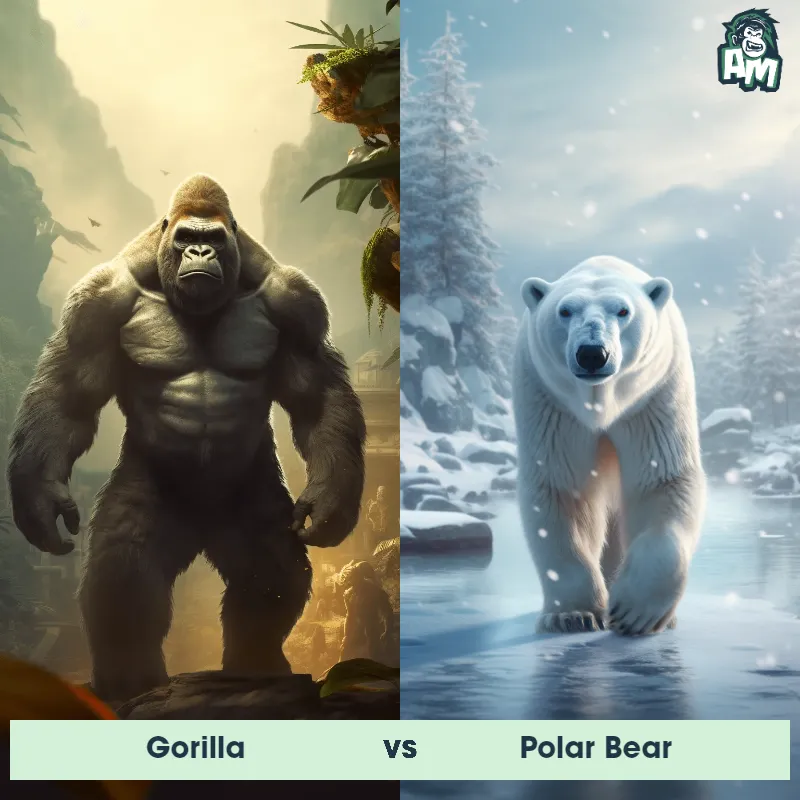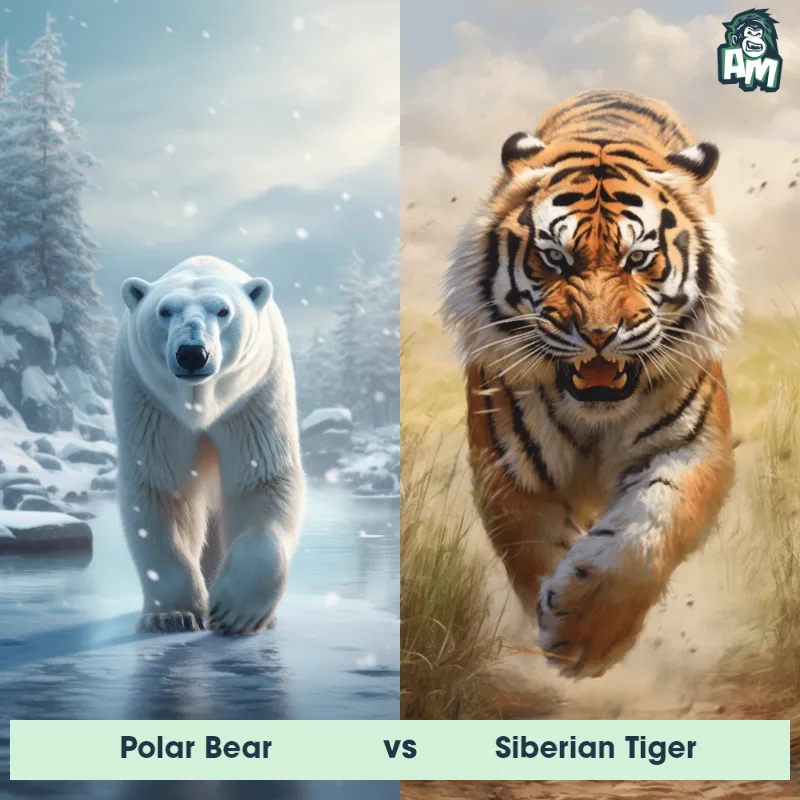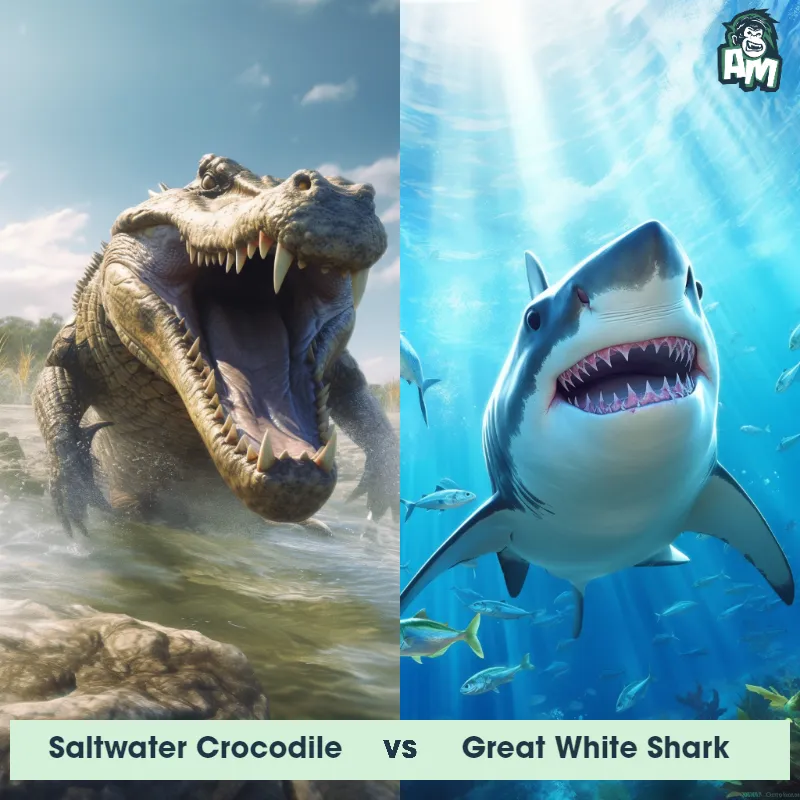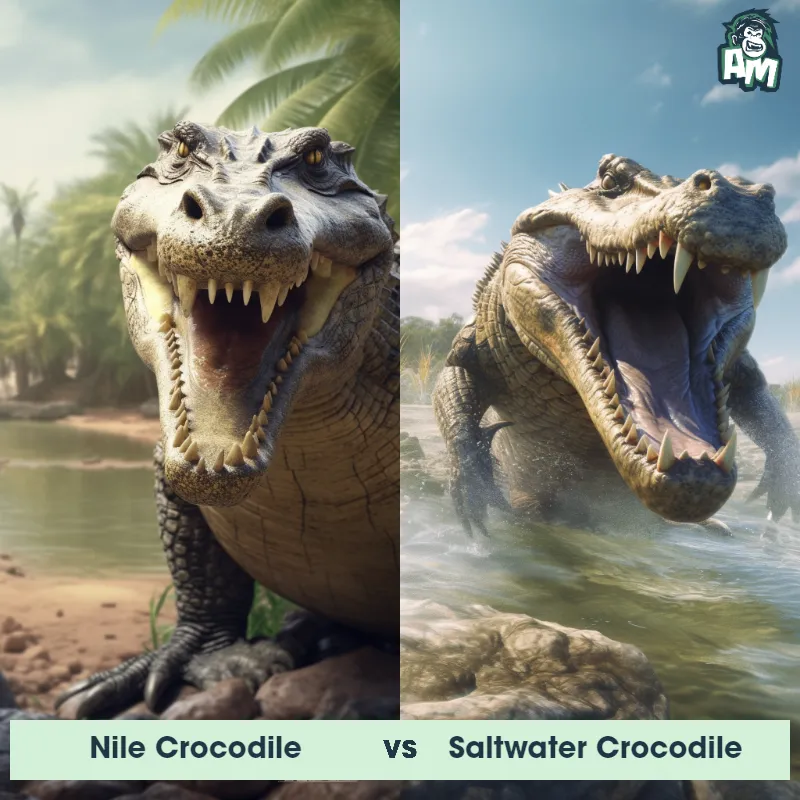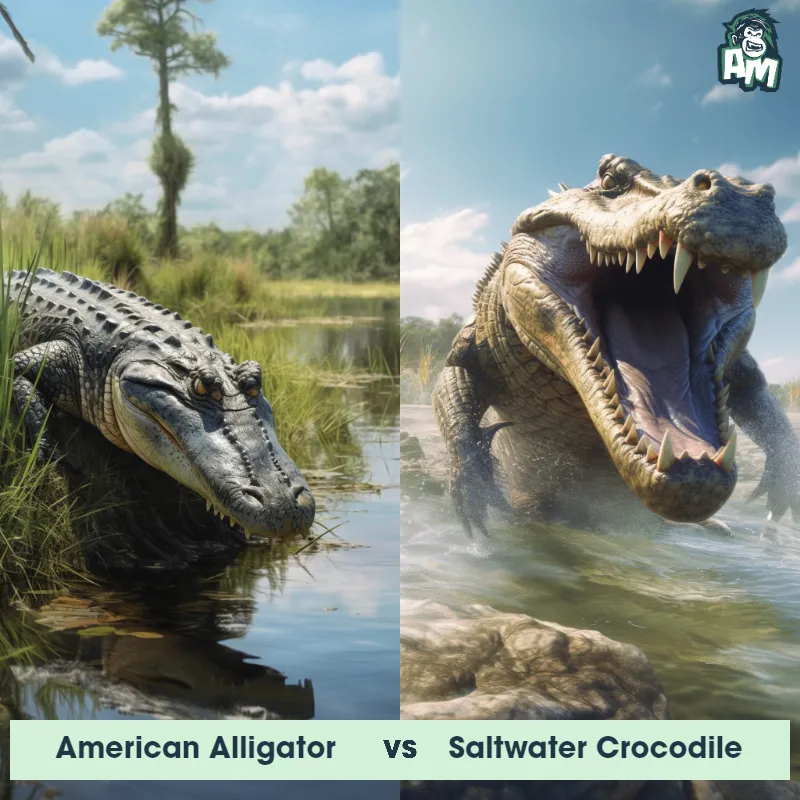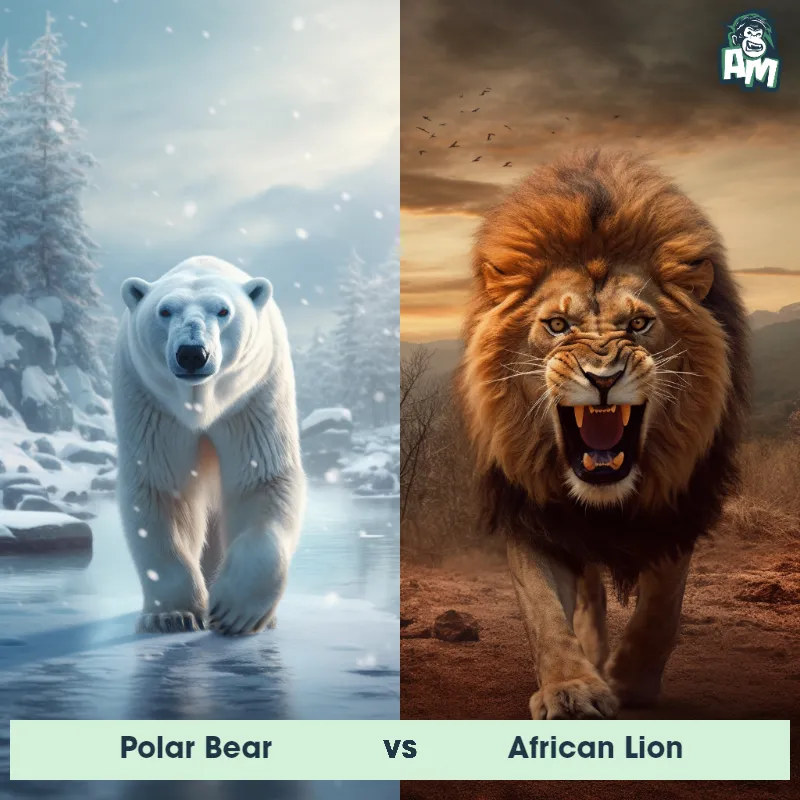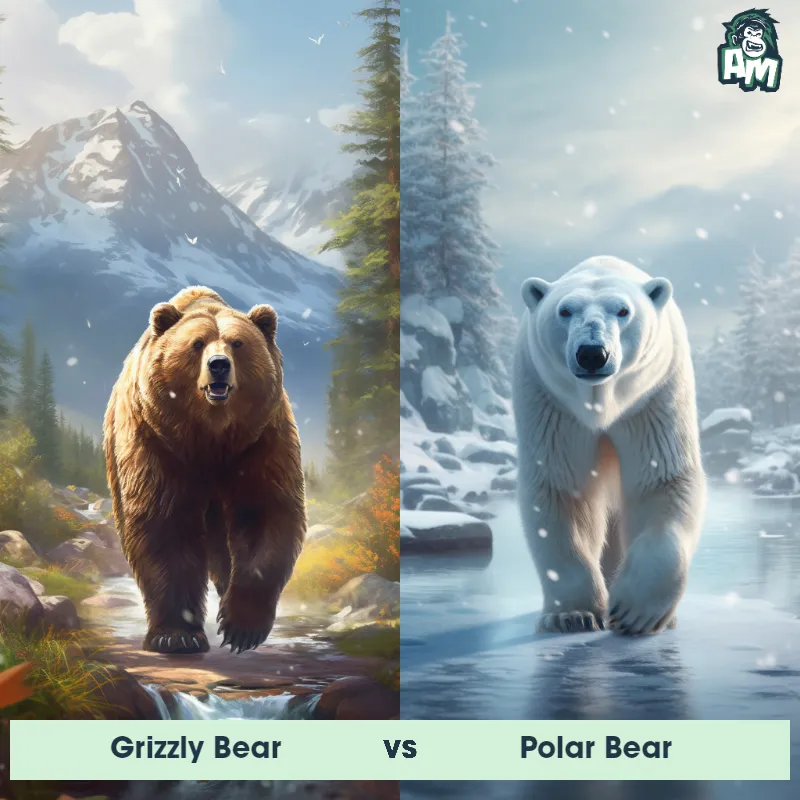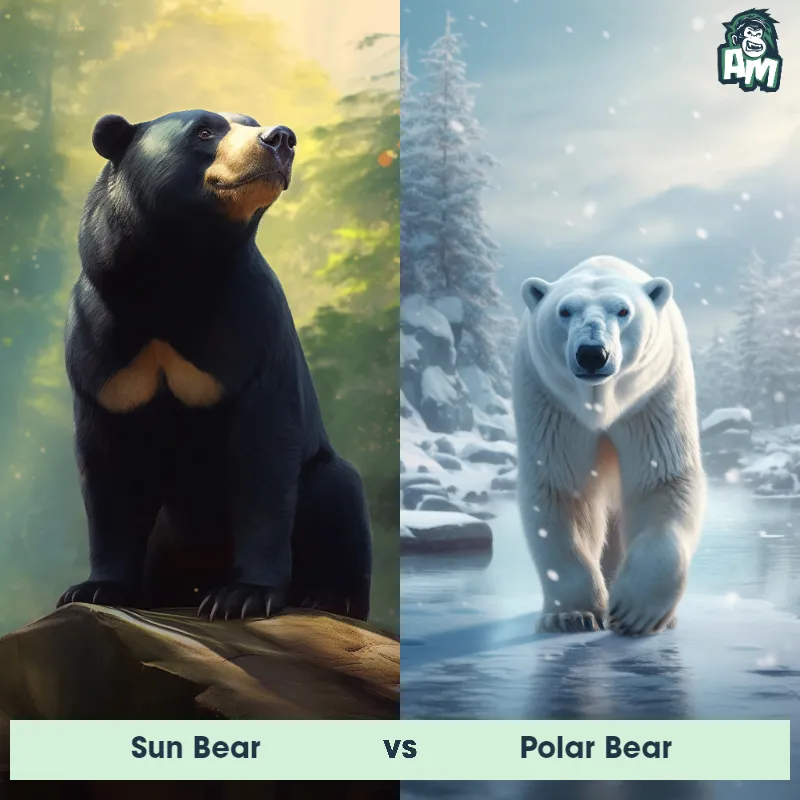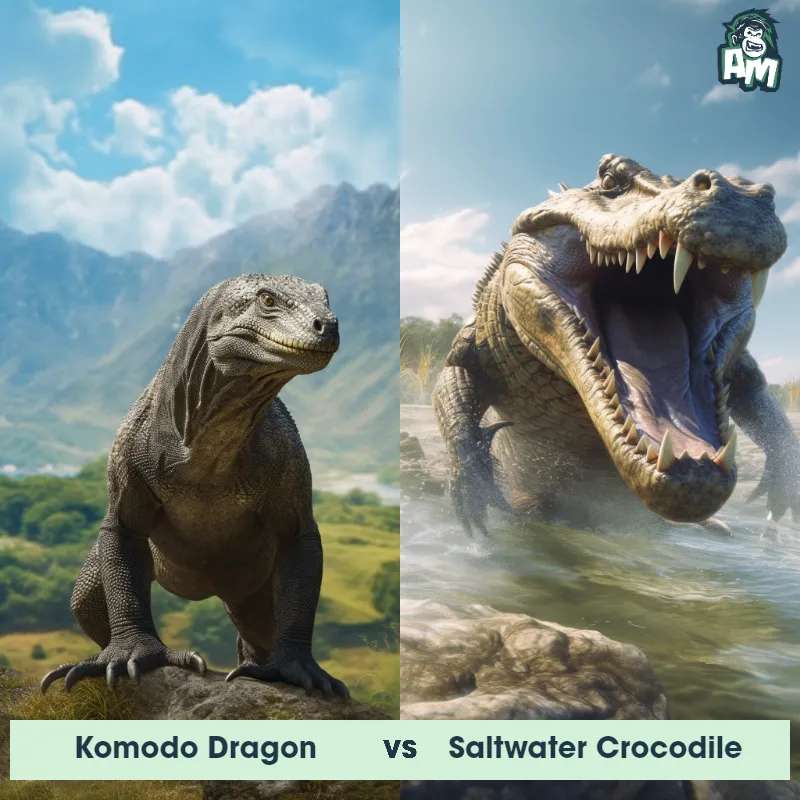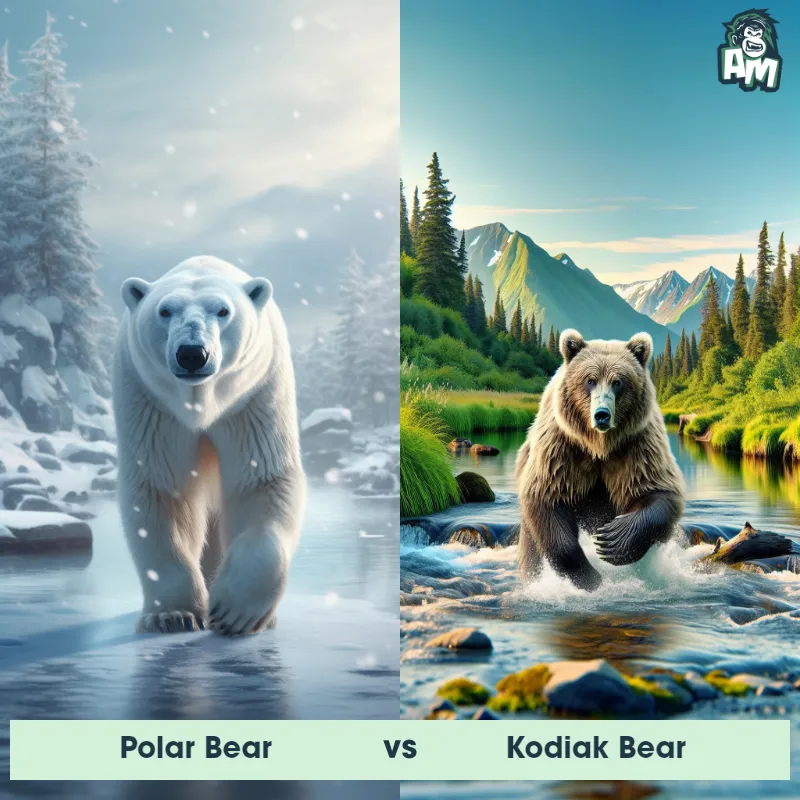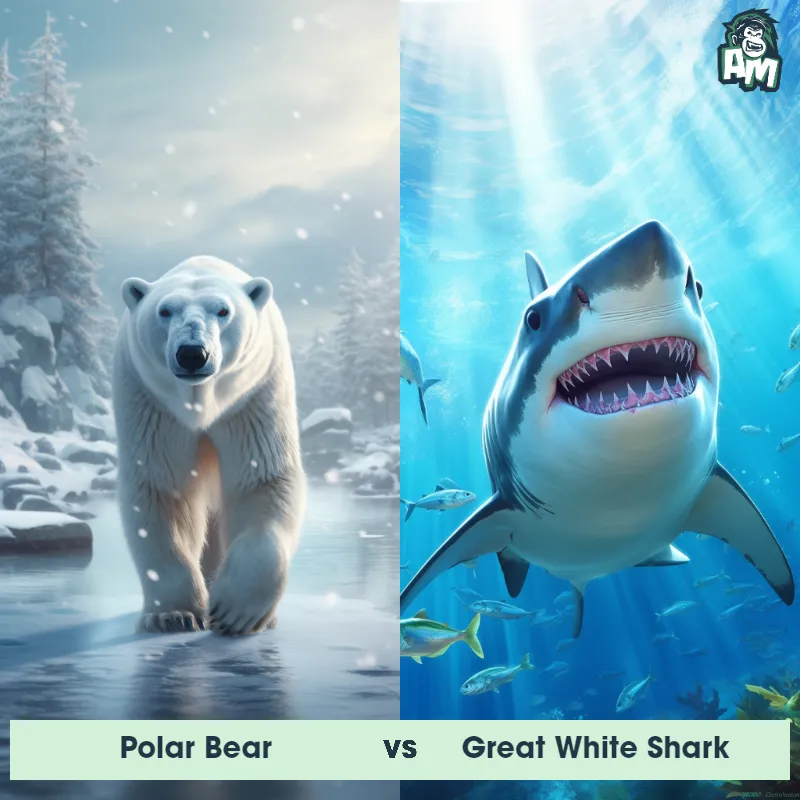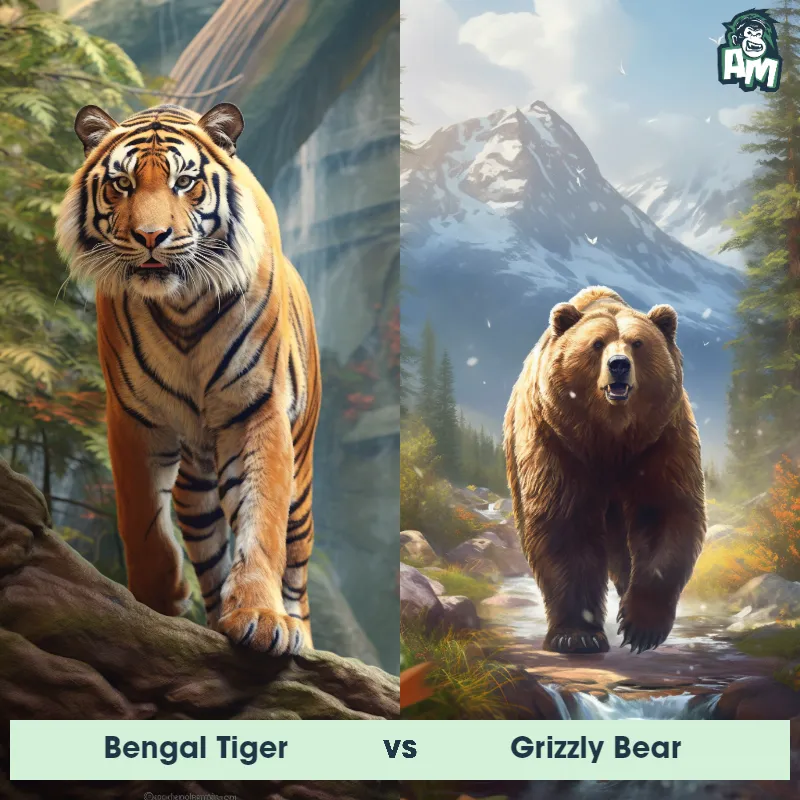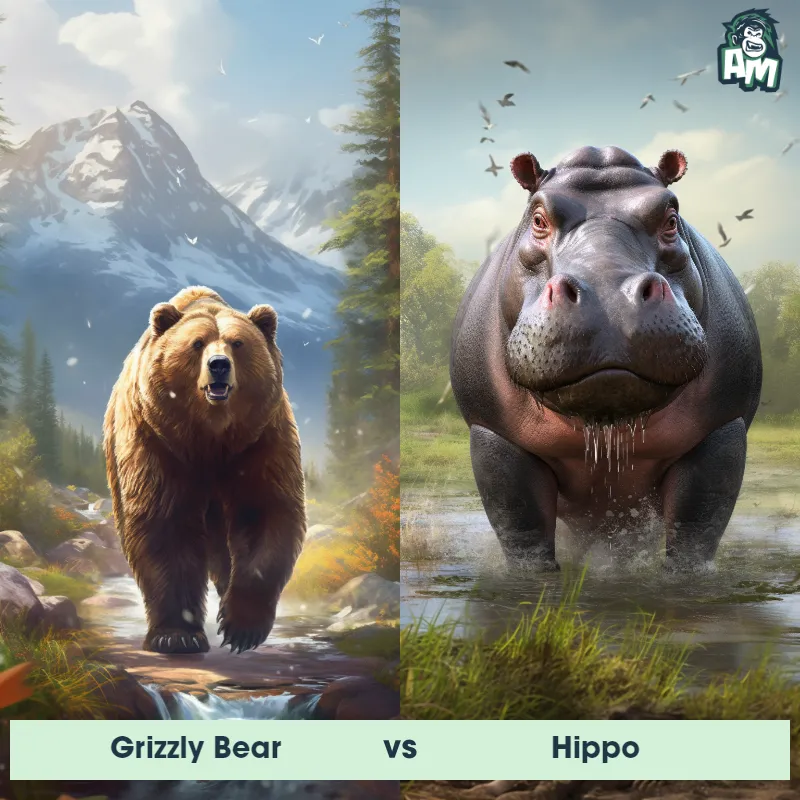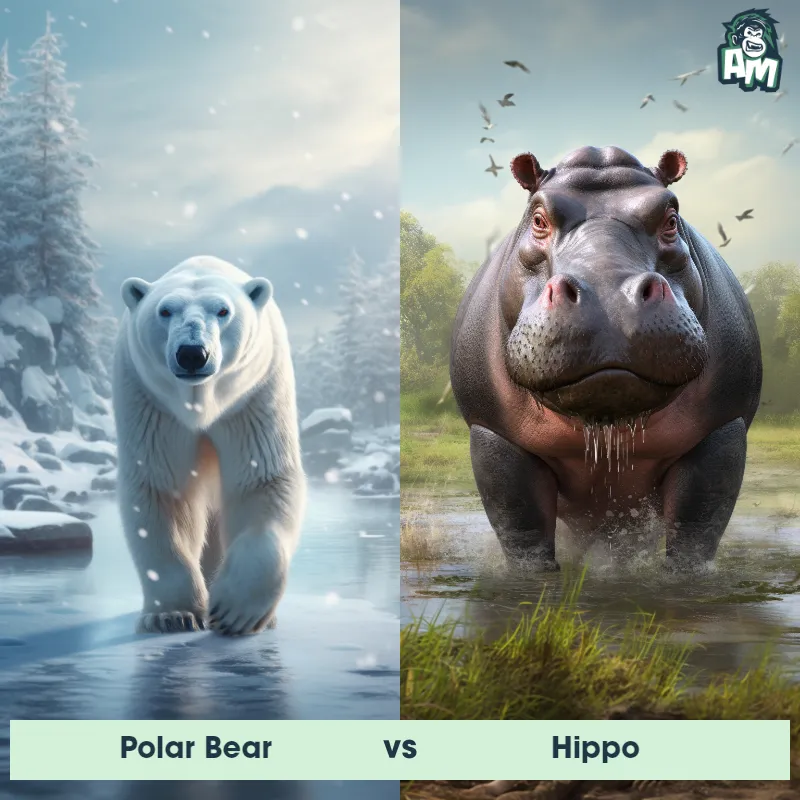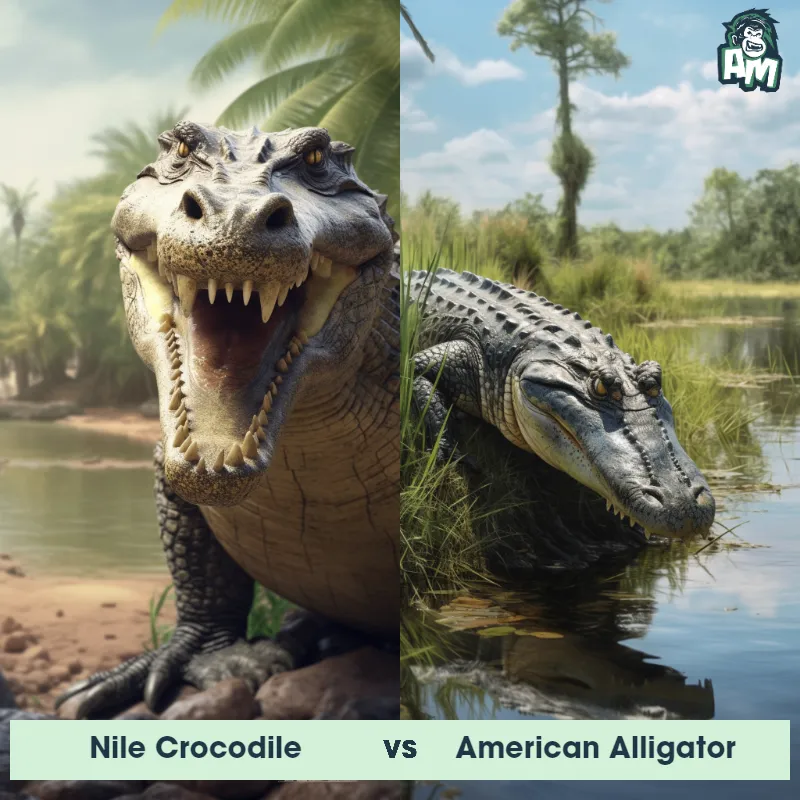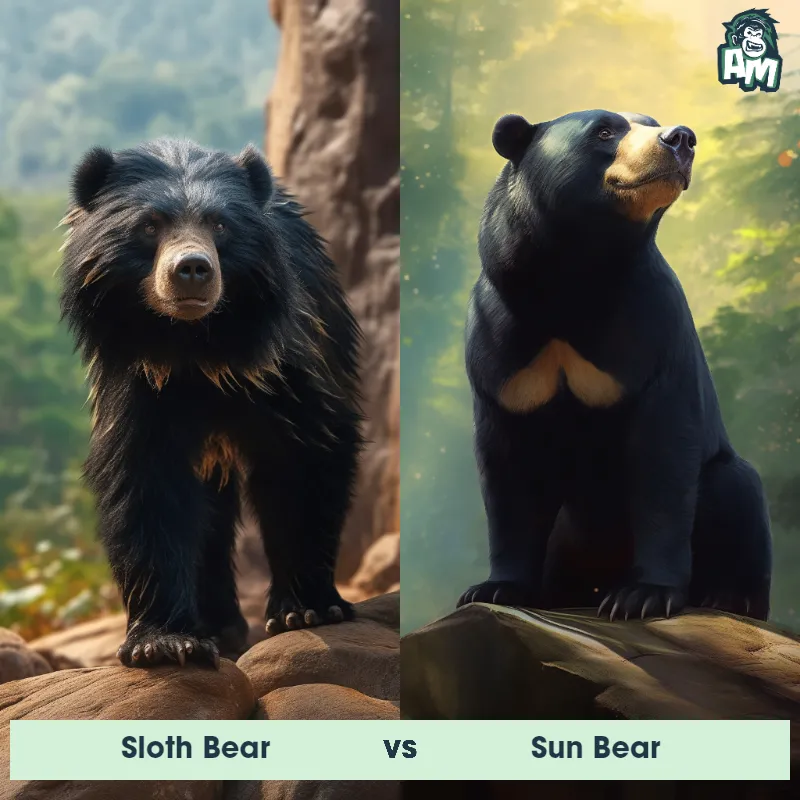Saltwater Crocodile vs Grizzly BearSee Who Wins

Good evening, ladies and gentlemen! We have an exceptional match-up tonight! On one side, we've got the world's largest living reptile, tipping the scales at over 2,200 pounds, hailing from the waters of Australia, the Saltwater Crocodile! And on the other, weighing up to 1,500 pounds, the heavyweight from North America's forests, the Grizzly Bear! A contest between the masters of land and water, sure to thrill!
Contender 1: Saltwater Crocodile
The Saltwater Crocodile, also known as the estuarine crocodile, is the largest living reptile in the world, with males reaching up to 23 feet in length and weighing over a ton. They have a powerful jaw with over 60 teeth and are covered in tough, scaly skin that ranges from grayish-brown to black in color. They are found in the brackish and freshwater habitats of Southeast Asia and Northern Australia and are known for their aggressive behavior towards humans.
Fun Fact: Saltwater Crocodiles have the strongest bite force of any animal in the world, with a bite strength of up to 3,700 pounds per square inch, which is strong enough to crush a car.
Contender 2: Grizzly Bear
The Grizzly Bear, also known as the North American Brown Bear, is a large mammal that can weigh up to 600 pounds and stand up to 8 feet tall on its hind legs. They have distinctive humps on their shoulders, long claws, and a concave facial profile. Grizzly Bears are omnivores and can be found in North America, primarily in Alaska and western Canada.
![[object Object] Gif](https://tenor.com/view/fighting-match-quarrel-brawl-battle-gif-15965644.gif)
Fun Fact: Grizzly Bears have an incredible sense of smell and can detect food from miles away, making them excellent hunters and scavengers.
Matchup Stats
| Saltwater Crocodile | Grizzly Bear | |
|---|---|---|
| Size | Up to 23 feet (7 meters) | Up to 8 feet tall (2.4 meters) |
| Weight | Over a ton (1,000 kg) | Up to 600 pounds (272 kilograms) |
| Speed | Land Speed: 11 mph (18 km/hr) | Speed: 30 mph (48.28 km/hr) |
| Key Strength | Powerful jaw with 64-68 teeth and strongest bite force of any animal in the world | Powerful jaws and sharp claws |
| Biggest Weakness | Slow on land and vulnerable to attacks on the soft underbelly | Slow movement and vulnerability to attacks from behind |
Current Votes
Saltwater Crocodile vs Grizzly Bear
See Who Wins
View More Matches
Looking For More?
Similar Matches
Scientific Stats
| Saltwater Crocodile | Grizzly Bear | |
|---|---|---|
| Scientific Name | Crocodylus porosus | Ursus arctos horribilis |
| Family | Crocodylidae | Ursidae |
| Habitat | Brackish and freshwater habitats | Forests, meadows, and mountains |
| Geography | Southeast Asia and Northern Australia | North America, primarily in Alaska and western Canada |
| Diet | Carnivorous, preys on fish, birds, mammals, and other reptiles | Omnivorous, eats berries, roots, fish, small mammals, and carrion |
| Lifespan | 70 years - 100 years | 20 years - 25 years |
Key Differences between Saltwater Crocodile and Grizzly Bear
- Skin texture: Saltwater Crocodiles have rough, scaly skin with osteoderms (bony plates) on their backs, while Grizzly Bears have shaggy fur.
- Size: Saltwater Crocodiles are larger than Grizzly Bears, with males reaching up to 23 feet in length and weighing over 2,000 pounds, while Grizzly Bears typically weigh between 300-600 pounds and stand 6-7 feet tall.
- Habitat: Saltwater Crocodiles are found in saltwater habitats such as estuaries, mangrove swamps, and coastal areas, while Grizzly Bears are found in forested areas and mountainous regions.
- Head shape: Saltwater Crocodiles have long, narrow snouts with sharp teeth, while Grizzly Bears have broad, rounded heads with blunt teeth.
- Coloration: Saltwater Crocodiles are typically dark green or gray with lighter underbellies, while Grizzly Bears have brown fur with a distinctive hump on their shoulders.



